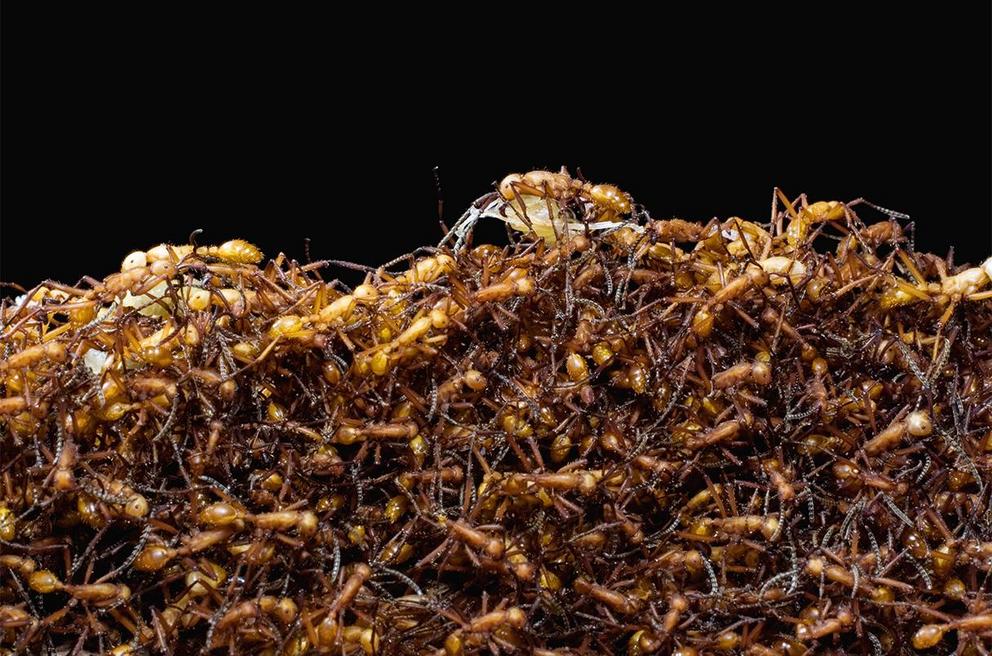How many ants live on Earth? Scientists finally have an answer
Study comes to astronomical figure
Counting ants is a bit like counting grains of sand on a beach. But six researchers have proved they were up for the task. They’ve come up with the latest—and most comprehensive—estimate of the number of ants in the world: 20 quadrillion. That’s 12 megatons of biomass—more than all the wild birds and mammals taken together.
Ants are important ecosystem engineers, moving dirt, distributing seeds, and recycling organic matter. There has been some research to see how ants are distributed around the world, but there was no global estimate of how many there are.
So for the work, researchers combed through 12,000 reports from databases in many languages, including Bulgarian and Indonesian, finding 489 studies with rigorous enough methods of collecting and counting ants to be included. Most of the studies were not focused on ants per se but on larger questions of biodiversity and evolution and just happened to sample ants. The team was surprised to find how concentrated ants are in the tropics, being most plentiful there in savannas and moist forests.
The new estimate is two to 20 times higher than previous ones, the team reports today in the Proceedings of the National Academy of Sciences. But is likely more accurate, the authors contend, because it is the first “bottom-up” effort that relied on actual counts of ants caught around the world.
doi: 10.1126/science.ade9596

